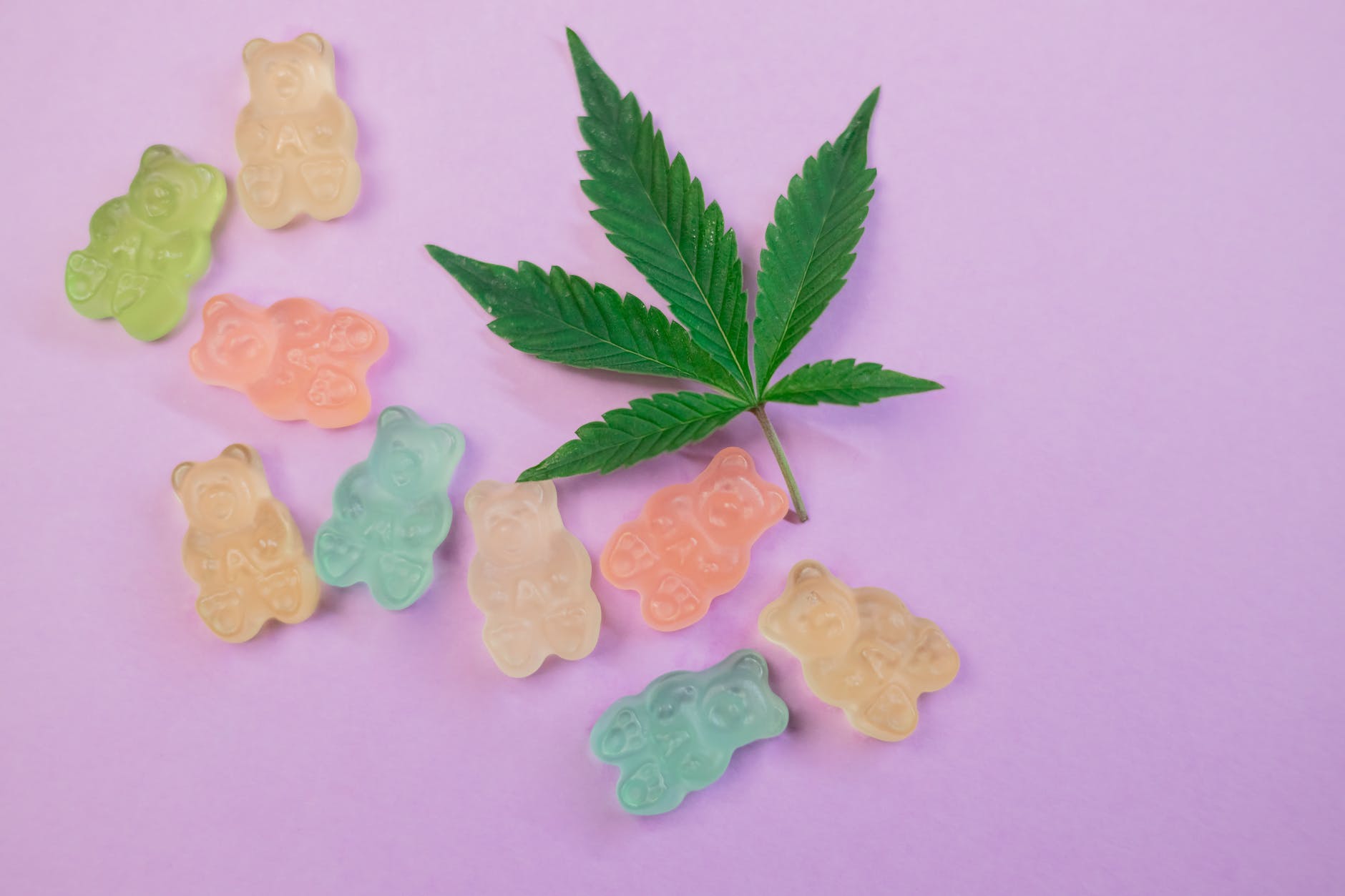The Diverse Landscape of CBD Legalization in the United States

The world of cannabis and its potential medicinal uses has undergone a drastic change in recent years. With the growing interest and popularity of cannabidiol (CBD), the cannabinoid that does not traditionally cause intoxication or the “high” associated with THC, there has been a push for legalization and regulation at a state and federal level in the United States. This article will explore the legality of CBD in different states, shed light on hemp regulations and marijuana laws in the country, and discuss the influence of the 2018 Farm Bill on state legislation. Additionally, we will delve into variations between CBD derived from hemp versus CBD derived from marijuana.
Under the Controlled Substances Act of 1970, the federal government placed cannabis and hemp into the same category as a Schedule 1 drug, effectively making them illegal. However, the 2014 Farm Bill allowed for the production, sale, and consumption of hemp and CBD derived from hemp as long as it contains less than 0.3% THC. Fast forward to 2018, the Farm Bill removed hemp from the Controlled Substances Act, further decriminalizing products derived from the plant. According to the FDA, CBD is not classified as a controlled substance as long as it is derived from hemp containing 0.3% THC or less.
The legalization of CBD varies from state to state, with each enacting its own marijuana laws and hemp regulations. The most straightforward categorizations are states where CBD is fully legal, partially legal, and illegal. However, it is essential to understand that these categorizations are not entirely black and white and can change as new state legislation is introduced.
In states where CBD derived from hemp is legal, residents can purchase and consume CBD products without any restrictions. Some examples of legally acceptable CBD products in these states include oils, tinctures, capsules, and topicals. Examples of such states are Colorado, Nevada, and Washington, where adult recreational use of marijuana is also legal.
Partially legal states have instituted more restrictive hemp regulations and marijuana laws. These states may allow for CBD usage under specific conditions, such as requiring a prescription from a physician or documentation confirming the individual suffers from a qualifying medical condition. Examples of partially legal states include Georgia, where CBD is allowed for medical patients with a Low THC Oil Registry Card, and Texas, where the state’s Compassionate Use Act provides for low-THC cannabis oil for patients with intractable epilepsy.
States where CBD is considered illegal have yet to adopt legislation to accommodate its use. In these areas, CBD remains under the same category as marijuana, making it illegal regardless of its source. Examples of such states include Idaho and Nebraska, where possession or sale of CBD products could lead to legal consequences.
An essential distinction between CBD legalization across states is whether it is derived from hemp or marijuana. While both plants are part of the Cannabis Sativa family, they differ based on their THC content. This difference greatly impacts the legal status of the CBD products. As mentioned earlier, federally legal CBD must be derived from hemp containing 0.3% THC or less.
To understand the legality and differences between hemp-derived CBD and marijuana-derived CBD better, it is crucial to stay informed and research state legislation and hemp regulations constantly. While the 2018 Farm Bill helped place certain guidelines on CBD, the landscape of its legalization remains ever-changing and diverse across different states.
In conclusion, the legalization of CBD varies across the United States, with each state implementing its own set of marijuana laws and hemp regulations. It is essential to stay informed about the specific legislation in your area and to understand the distinctions between CBD derived from hemp and marijuana to avoid potential legal complications.
The world of cannabis and its potential medicinal uses has undergone a drastic change in recent years. With the growing interest and popularity of cannabidiol (CBD), the cannabinoid that does not traditionally cause intoxication or the “high” associated with THC, there has been a push for legalization and regulation at a state and federal level…
Recent Posts
- The Emerging Frontiers: The Future of CBD Research and Development
- CBD and Sleep: Unraveling the Beneficial Effects of Cannabidiol on Insomnia
- Embracing the Renaissance: CBD in Skincare and the Latest Trends
- Exploring the Multifaceted Methods of Consuming CBD
- Exploring the Benefits and Safety of CBD for Pets
Recent Comments
Categories
- Alternative and Natural Health Remedies
- Alternative Health and Wellness
- Alternative Medicine and Pain Management
- Beauty and Skincare
- Beauty and Wellness
- CBD and Health
- CBD and Law
- CBD and Mental Health
- CBD Consumption
- CBD Education & Research
- CBD Laws Worldwide
- CBD Legalities and Regulations
- CBD Legality
- CBD Products
- Cooking and Wellness
- Fitness and Wellness
- Health and Beauty
- Health and Fitness
- Health and Fitness, CBD Use
- Health and Law
- Health and Science
- Health and Skincare
- Health and Sports
- Health and Wellness
- Health and Wellness, Skincare
- Healthcare and Wellness
- International Law
- Law and Cannabis Industry
- Law and Regulations
- Law, Health, and Regulations
- Legal
- Legal Regulations on CBD
- Legal Resources
- Legal/CBD Industry
- Legal/Fitness & Health
- Mental Health and Wellness
- Mental Health, Natural Remedies
- Natural Remedies
- Natural Remedies and Alternative Medicine
- Pet Care and CBD
- Pet Health and Wellness
- Pet Wellness/Animal Health
- Science and Health
- Science, Health and Wellness
- Skin Care and Wellness
- Skin Health & Wellness
- Skincare – Natural Remedies
- Skincare and Beauty
- Skincare and Wellness
- skincare, beauty, CBD, wellness
- Sleep Health and Wellness
- Uncategorized